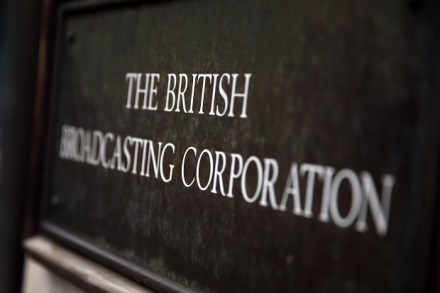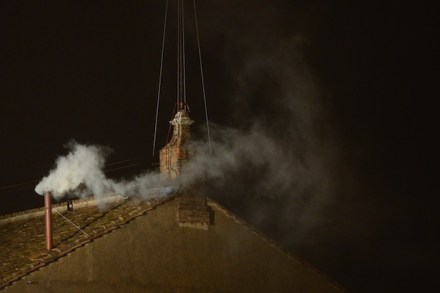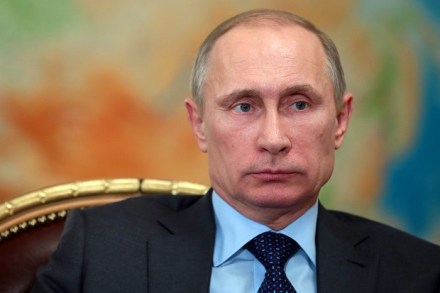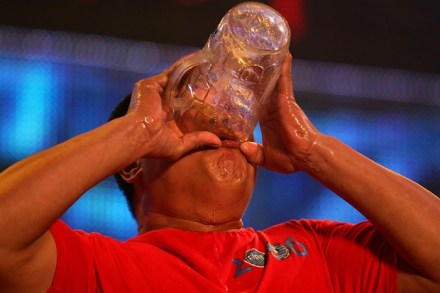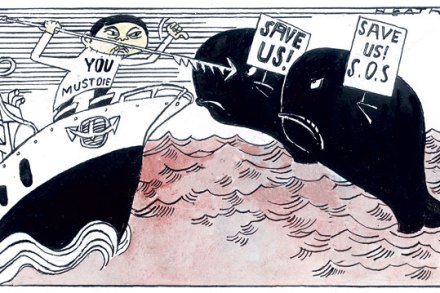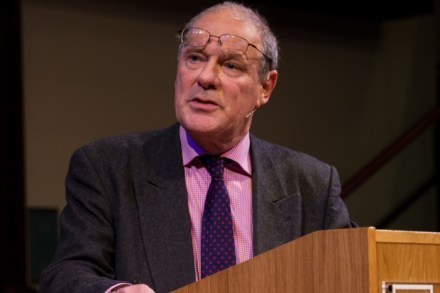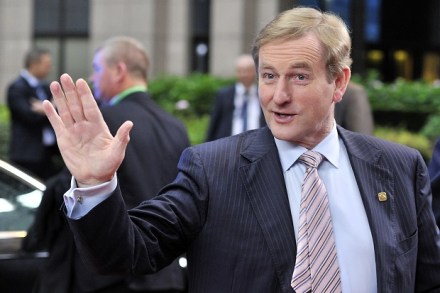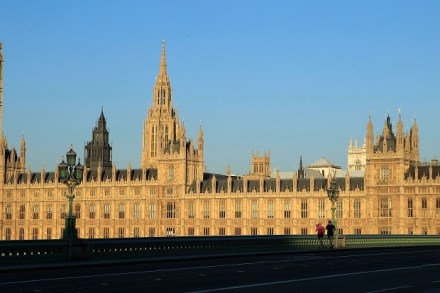The BBC is more scared of offending Muslims than gay people
Just to ring the changes, I’ve written about the BBC and political correctness for the mag this week. Yeah, yeah, I know – you haven’t heard enough about that subject. But one of the writers of the 1970s situation comedy It Ain’t Half Hot, Mum has complained that aunty isn’t showing the series any more as a consequence of political correctness. My suspicion is that it isn’t being reshown because it was humourless unmitigated crap, but there we are. The bigger issue, though, is the one raised by the excellent (for a Blairite) Dan Hodges. As it happens, I was invited onto this show and now wish I had accepted.
